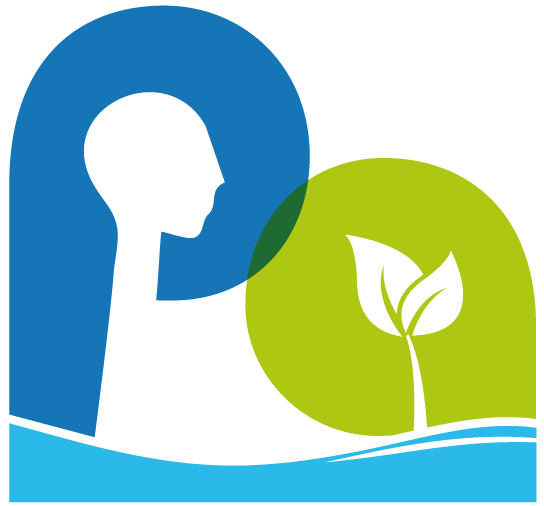Summary
At this stage, a number of pitfalls need to be overcome if science-policy-society integration is to succeed. Modelling or analysis tools cannot explain all the complexity of the various issues, especially given the time and resources available for a single project. What’s more, the time needed to research such complex socio-environmental issues often doesn’t match the urgency of the political agenda. That’s why it’s really important to establish a strong partnership between science, management and politics, in order to mitigate the effects of different agendas and short-term research projects.
It’s essential to stick to the objectives identified in the first stage. If, for example, the objective was to raise awareness or integrate knowledge, models should not be expected to test management options. This should be made clear to the stakeholder forum at the same time as the questions finally selected.
On the modellers’ side, science must guard against trying to explain all complexity through a model, or imposing scientific perspectives due to the design limitations of available numerical models.
As the complexity of most of the issues examined is generally high, participatory modeling should not aim to build a reference model.
The final checks in the triage process will be particularly relevant in selecting methods, models, tools and means of evaluating potential environmental management strategies.
For additional information
Date: November 2017-2020
This work has been funded through the ALICE project. ALICE is a project funded in 75% by European Regional Development Fund (ERDF) under the umbrella of INTERREG Atlantic Area with the application code: EAPA_261/2016. The 11 partners involved in the project are from Portugal, Spain, Northern Ireland, France, The Republic of Ireland and the United Kingdom. The three-year project started in November 2017 has cost 3 million euros with 25% covered by the beneficiary partners.
Credits: Denis Bailly, Johanna Ballé, Klervi Fustec, Juliette Herry, Michel Lample, Manuelle Philippe.



